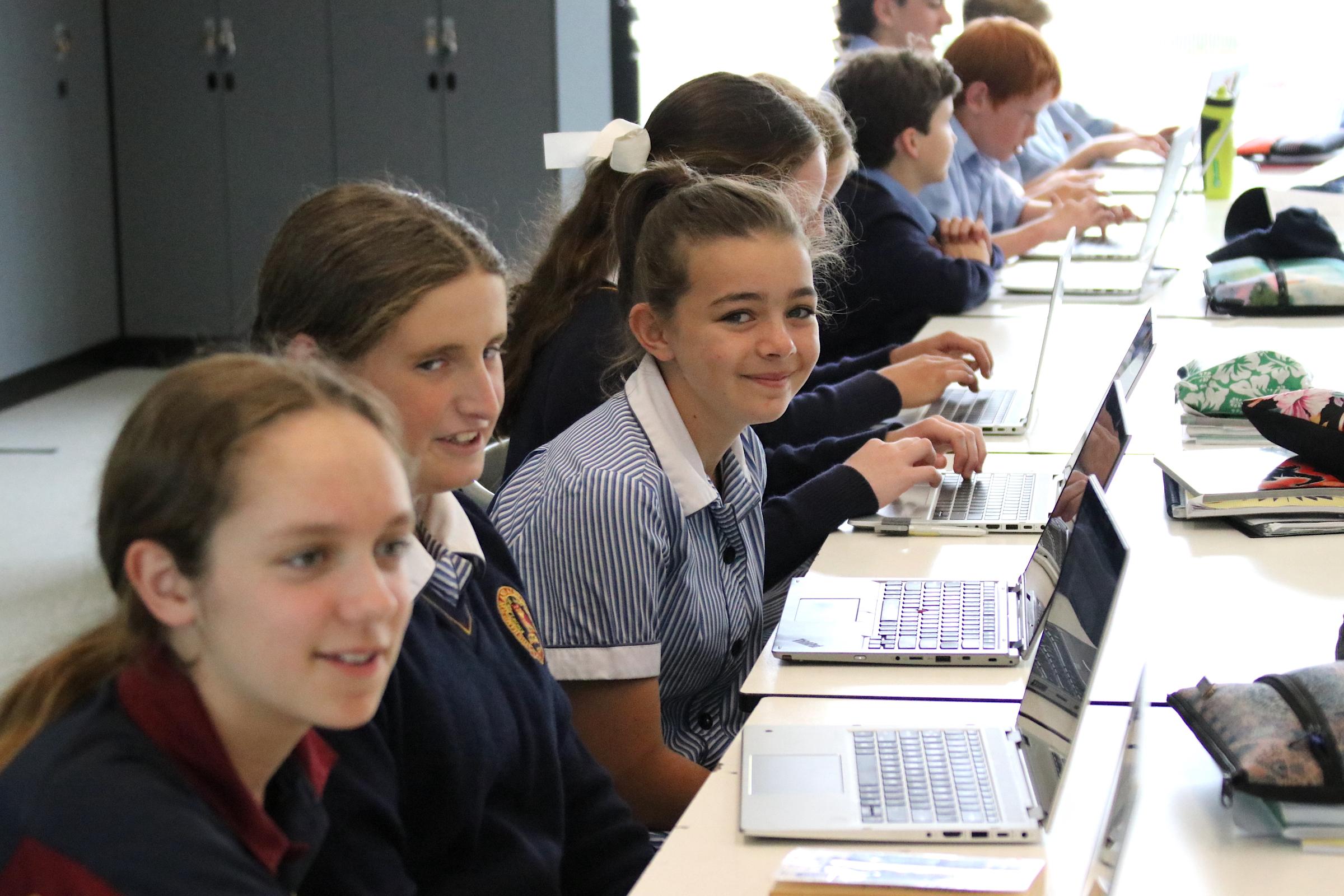Middle Years

Showing Resilience in the last weeks of Term
After a busy Term, it’s often tempting to take the easy option in the last two weeks and leave tough tasks until later - but this is a time to deliberately focus on being resilient. No one is born being resilient, and no one becomes resilient by just getting older. The most common description of being resilient is being able to bounce back from adversity, but another more comprehensive description is being able to respond well to setbacks, challenges and failures. What skills do students need to possess to be able to do this well?
Karen Rievich & Andrew Shatte in their book, “The Resilience Factor,” outline seven key skills which are essential to practise to develop resilience in both students and ourselves. They are:
- Optimism and hope for the future – thinking positively when striving to achieve goals
- Regulating emotions – controlling the intensity and duration of emotions
- Impulse control – resisting the urge to react without pausing to give time for self-awareness and time to think
- Flexibility of thinking – changing thinking for different situations and contesting negative self-talk
- Empathy – accepting the needs and feeling of others
- Self-belief – valuing yourself and your strengths and striving for self-determined goals
- Building social-connectedness – feeling a sense of belonging and having several peer groups
These are all skills that we explicitly teach in Health and Wellbeing lessons and in mentor time, but another way to look at resilience is having students explore what resources they have:
I AM – what internal resources do I have to get me through this tough time?
I HAVE – what resources do I have access to that may help me when times are tough?
I CAN – how else can I look at this tough time? What can I do, using my resources, to be resilient?
Resilience is about rising to the challenge of the last weeks and finishing off Term One well.
Mr Ben Hawthorne
Head of Middle Years
